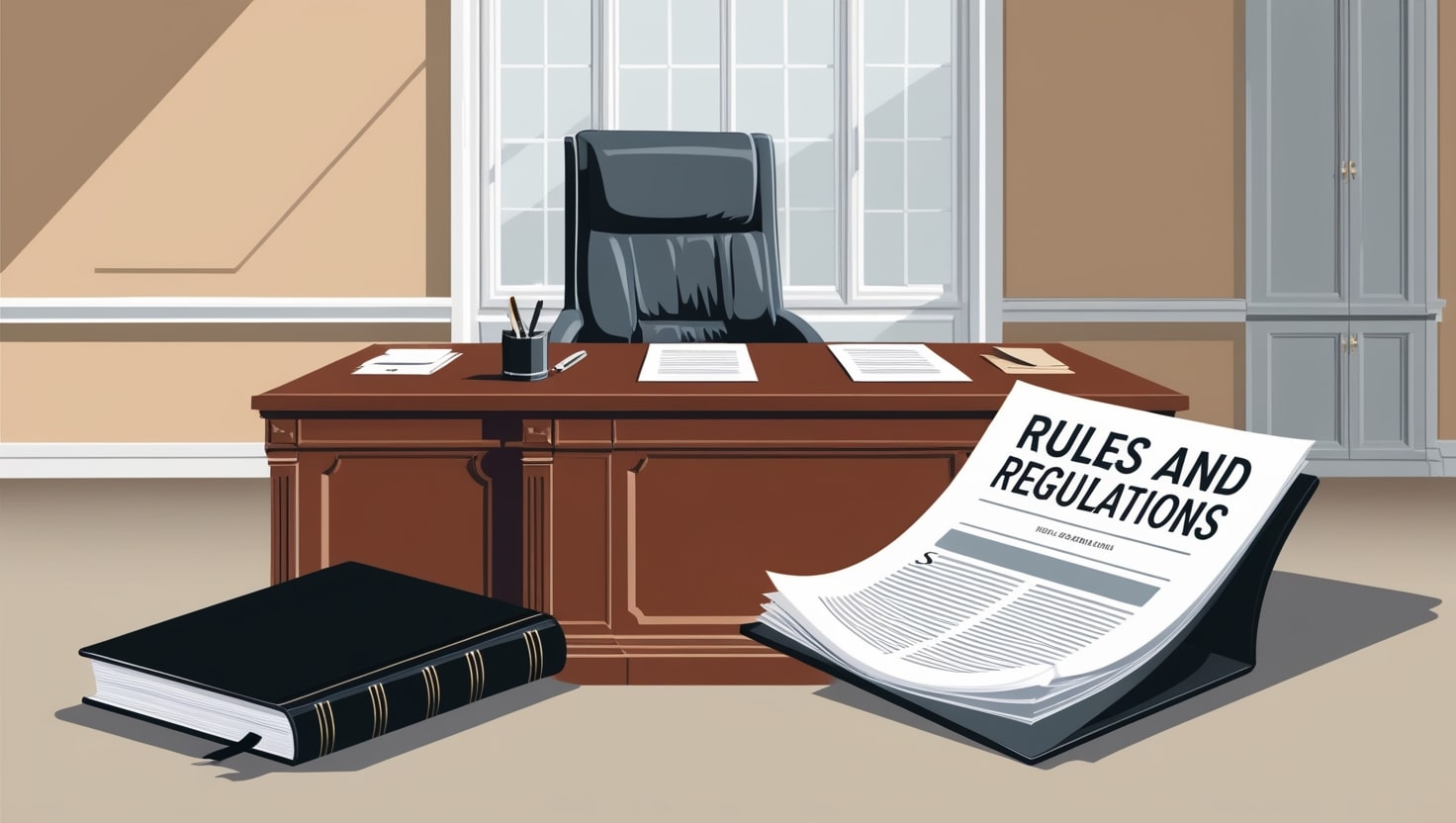New York City, United States Airbnb Rules & Regulations
Last updated on: 19th September, 2024


Last updated on: 19th September, 2024

Airbnb Regulations in New York City - 2024 Overview
New York City has established rigorous regulations surrounding short-term rentals, significantly impacting platforms like Airbnb. Enforced through Local Law 18, which took effect in September 2023, these regulations aim to preserve the housing stock and protect the character of residential neighborhoods.
Key Components of the Regulations:
Registration Requirement: All hosts must register their properties with the Mayor's Office of Special Enforcement (OSE) prior to listing them for short-term rentals. This process requires detailed information about the property and incurs application fees ranging from $20 to $100.
Occupancy Standards: Short-term rentals are restricted solely to properties with a valid certificate of occupancy designated for permanent residential use. Furthermore, entire apartments can only be rented for periods less than 30 days if the primary resident is present during the rental.
Primary Residence Clause: The regulations stipulate that rental agreements are limited to the host's primary residence, effectively barring commercial operators from running unregulated lodging facilities in residential buildings.
Duration Limits: Hosts are prohibited from renting entire homes or apartments for less than 30 days without their physical presence in the residence.
Compliance with Safety and Zoning Standards: Properties must meet local zoning and safety regulations, including adherence to building codes and fire safety protocols.
Tax Obligations: Hosts are required to comply with multiple tax responsibilities, including a 5.875% city hotel room occupancy tax, a $1.50 per unit nightly fee, and the standard 8.875% city sales tax.
Enforcement and Penalties: The OSE actively monitors compliance with these regulations, imposing substantial penalties on non-compliant hosts. Fines range from $1,000 for a first violation to as much as $7,500 for repeated offenses, alongside potential legal actions for continued non-compliance.
Impact on Communities: The tightened regulations have resulted in a diminished number of short-term rental listings, pushing travelers toward traditional hotel accommodations. This shift has also been associated with rising hotel prices, impacting the tourism sector and local economies, especially small businesses reliant on tourist spending.
Conclusion: Navigating the Airbnb landscape in New York City in 2024 requires careful adherence to these stringent regulations. Hosts must prioritize compliance to avoid penalties and ensure a legally sound and sustainable short-term rental operation.